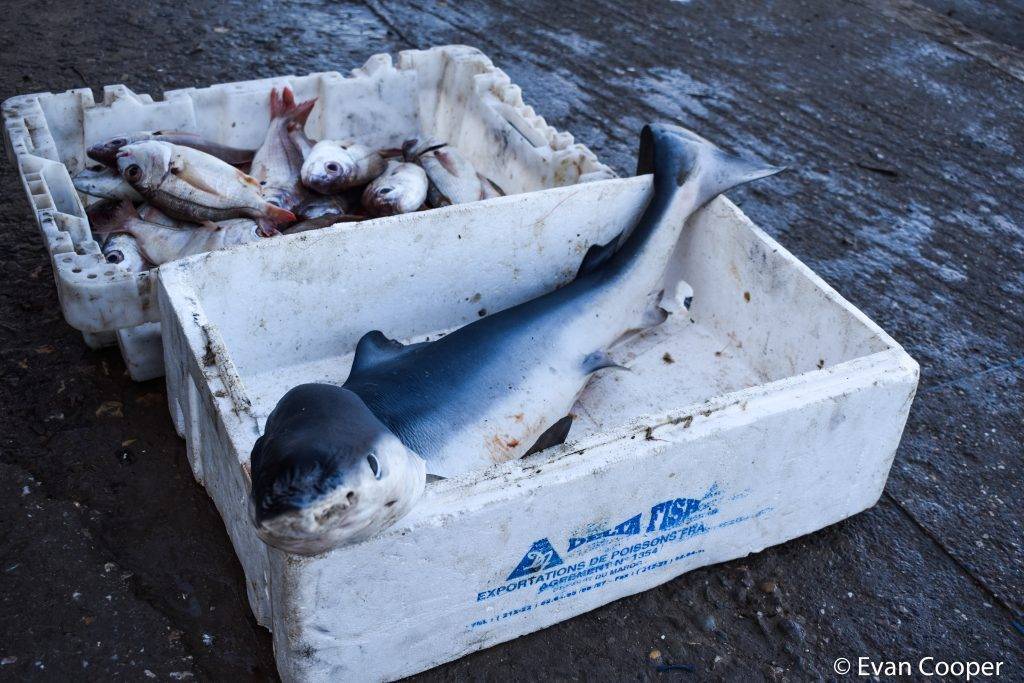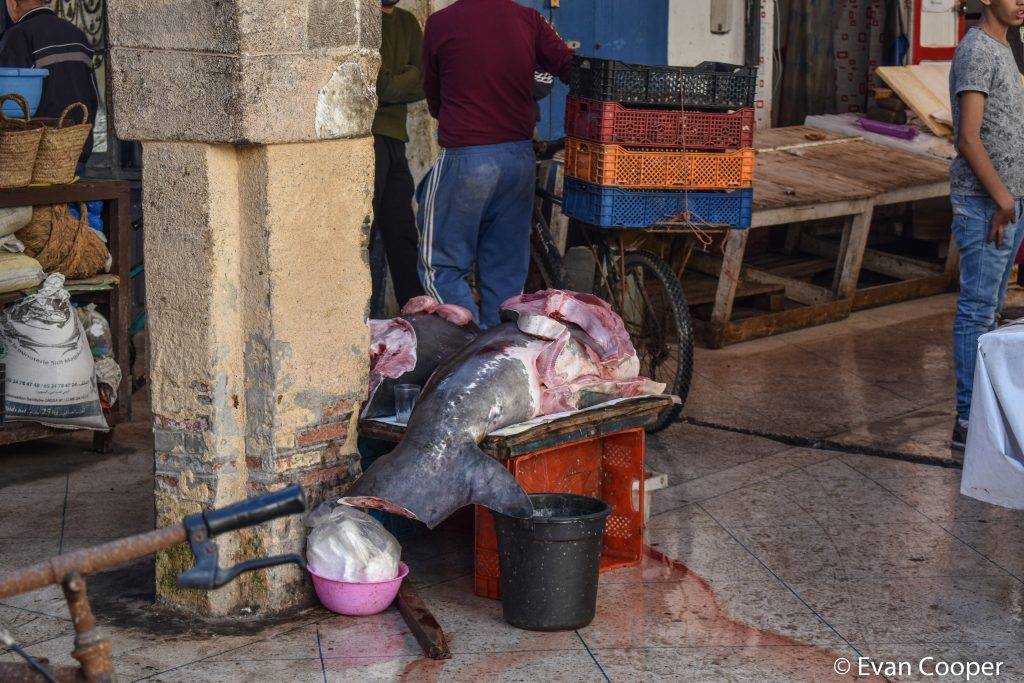
For many years, I always told myself I wanted to become vegetarian. I knew that meat production and agriculture had negative consequences towards my own health, and arguably more importantly the environment. Once I started college and environmental anthropology studies, I learned more and more about detrimental impacts of the meat industry, fishing industry, and agriculture as a whole. This still did not get me to change. Finally at the start of my senior year of college (August 2019) I decided to give the vegetarian, plant based lifestyle a shot. I dove right in, cutting meat out of my life immediately. Unexpectedly, it was the easiest decision I ever made and one I should have made much sooner.
I get questions/comments almost everyday “Why did you go vegetarian?” “Why don’t you still eat fish?” “You need meat to be healthy and get enough protein.” The answer as to why I became vegetarian is a two-part answer: 1) environmental reasons, 2) health reasons.
Environmental Reasons: Fish
While studying Sustainability Studies at the University of Florida, I took a variety of interdisciplinary classes relating to the three pillars of sustainability: Environment, Society, and Economics. After my first year, I took a class that really made me think about the meat industry and whether it is really sustainable and good for the environment. I already knew about meat production and its negative effects, but not as much about the world of fish. Unlike the United States, a majority of the world relies on fish as a primary source of protein. Many of these countries are island countries and countries in Asia. In order to be able to provide enough fish for their populations, massive fleets are equipped with long-lines miles long and trawling nets extending hundreds of feet deep in order to catch the most fish possible. One would think these boats would be in their own waters?
But, sadly this is not the case. Throughout the world, these boats sit and wait in international waters, right on the line outside of other countries’ waters, sometimes in Marine Protected Areas (MPAs.) If you were a fish, how would you know where the imaginary line begins or ends? A perfect example of this is in the Galapagos Islands. While most of the area is protected, fleets from China and Korea sit on the boarder of where the water belongs to Ecuador and where it does not. Not only do they catch fish when they cross this line, but also bycatch. Bycatch are species that are unintentionally caught. Many times, bycatch includes sharks, dolphins, sea turtles, whales, and other endangered species.


To add to this, there are still areas of the world that eat Sharks. I’m not talking about Shark Fin Soup, but full sharks themselves. I saw this with my own eyes in Morocco in a relatively small town, Essaouria. When talking to the local fisherman, they told me that they catch many sharks a day, and a variety of species. If this little town catches these sharks, I cannot imagine places with larger populations. After seeing these horrifying images, I do not want to eat fish again, knowing that the practices to catch the fish can result in these wonderful creatures being caught.
For more information about over fishing and fleets around the world, check out: https://globalfishingwatch.org/map/
Beef and Chicken
While a lot of people do not eat for ethical reasons, this is not my main one. It is because of water. The amount of water used to produce meat, red meat particularly is stunning. According to the Water Education Foundation, one 8 ounce steak uses 1232 gallons of water to produce. Add the fact that agriculture takes up a lot of land and in the process of converting the land to grow cows, the habitat is completely altered. Many times, it is rainforests cut down, and biodiversity is destroyed as well as the soil water system in place. When forests/natural areas are cut down and converted to agriculture, there is nothing to hold the topsoil in place, so it erodes and becomes runoff, causing problems with the local water source. For example, in central Florida, historically there have been cattle pastures and sugar cane farms. With rain, all of the nutrients and runoff flows south down to Lake Okeechobee. This excess water high in nutrients in the lake is then discharged to the east and west, causing algal bloom, fish kills, and other detrimental impacts to the waterways and ocean. To add on to all of this, a lot of the animals used in agriculture are killed in inhumane ways, but this is a topic for another day.
Health Reasons
Since becoming Vegetarian, I have experienced many unforeseen health benefits. I feel as if I have much more energy. There is never that tired, sleep coma feeling right after eating a meal. I have gotten sick only once since changing to plant based diet, compared to before when I would get sick every month or so. I also have become more lean, and gained muscle without gaining fat. I am currently awaiting blood tests, but if I were to guess, my historically high cholesterol has probably lowered a significant amount.
Some options besides going completely vegetarian or vegan are trying to cut down on meat, even if it is for one day a week, shopping locally at farmers markets, and avoiding the large agricultural companies. Everyone can make a difference whether you believe it or not! Every action can create change. Going vegetarian was one of the most difficult (at first) but now best decisions I have made in my life!

